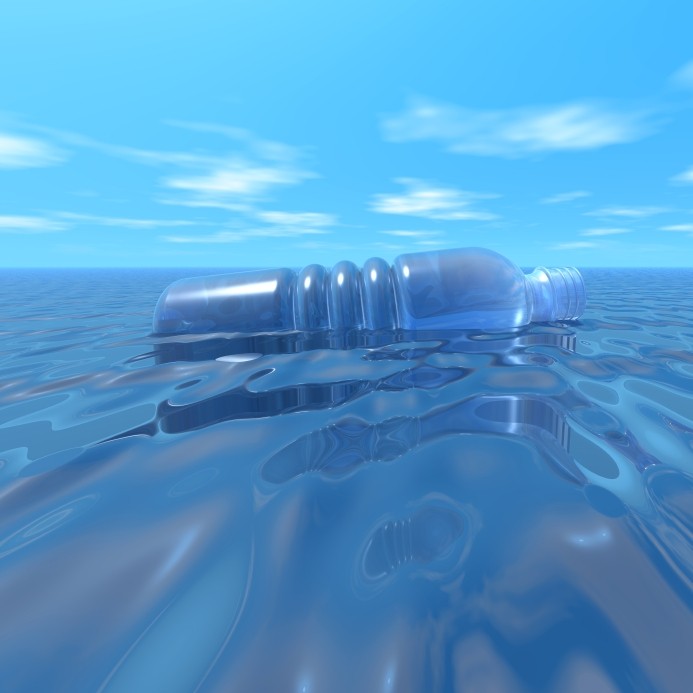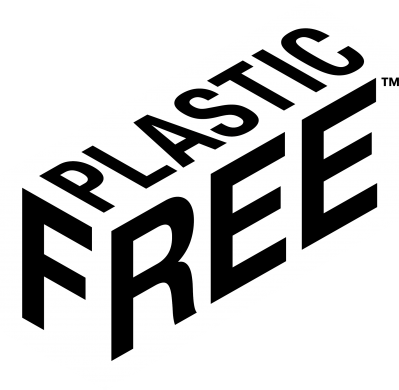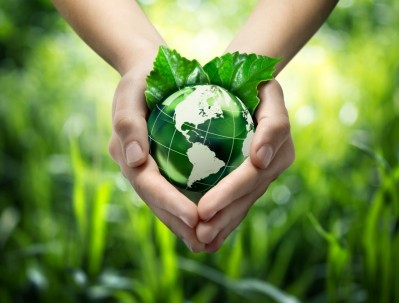Europe launches plastics strategy but implementation key

Each year, Europe generates more than 25m tonnes of plastic waste – less than 30% of which is recycled. Plastics account for 85% of beach litter and are making their way into people’s lungs and dinner tables due to microplastics in the air, water and food.
The strategy aims to tackle plastic pollution while supporting “growth and innovation”.
Detailing the new plastics strategy, the EC said that by 2030 all plastic packaging on the EU market will be recyclable, the consumption of single-use plastics will be reduced and the intentional use of microplastics will be restricted.
First Vice-President Frans Timmermans, responsible for sustainable development, said: "If we don't change the way we produce and use plastics, there will be more plastics than fish in our oceans by 2050. We must stop plastics getting into our water, our food, and even our bodies. The only long-term solution is to reduce plastic waste by recycling and reusing more.”
Timmermans stressed the need for a collaborative response. “This is a challenge that citizens, industry and governments must tackle together,” he said.
The EC is “driving investment” towards the development of a “new plastics circular economy”, added Vice-President Jyrki Katainen, responsible for jobs, growth, investment and competitiveness. The EC will make an additional €100m in financing available for the development of “smarter” plastic materials and recycling processes.
“This will help to reduce plastic litter in land, air and sea while also bringing new opportunities for innovation, competitiveness and high-quality jobs. This is a great opportunity for European industry to develop global leadership in new technology and materials. Consumers are empowered to make conscious choices in favour of the environment. This is true win-win."
The European Union will make recycling profitable for business, the EC said. New rules on packaging will be developed to improve the recyclability of plastics and increase demand for recycled plastics. The Commission said “improved and scaled up recycling facilities” should be set up, alongside a better separation, collection and storage facilities.
Regulators have also taken aim at single-use plastics, with stakeholder consultations on the scope of potential new EU-wide rules to be held during 2018. Stakeholders have until 12 February to contribute to the ongoing public consultation.
The Commission will launch the work on the revision of the Packaging and Packaging Waste Directive and prepare guidelines on separate collection and sorting of waste to be issued in 2019.
Implementation will be key
The plastics strategy was “welcomed” by the European food industry, with FoodDrinkEurope noting the “ambitions and wide scope” of the proposals.
“Europe’s food and drink manufacturers acknowledge the great environmental challenge that is linked to the current plastics model. With this in mind, FoodDrinkEurope members are integrating into their operations the continuous improvement of the environmental performance and resource efficiency of food and drink products along their life cycle, including any associated packaging materials,” the industry body said.
“A key priority for FoodDrinkEurope is that the strategy improves performance at the end of the packaging value chain. FoodDrinkEurope would like to see policies that aim to increase recycling responsiveness following developments in material design, including the latest sorting and recycling technologies. In this context, funding and innovation incentives are necessary to foster recyclers’ increased performance.”
Likewise, industry association PlasticsEurope stressed the need to strengthen recycling capabilities and clamp down on plastics going to landfill.
"This is a step in the right direction as no plastic should end up in the environment," said executive director Karl Foerster. “Since 2011, the European plastics industry has been calling for Zero Plastics to Landfill. Only a legally binding landfill restriction on all recyclable and other recoverable post-consumer waste will put an end to the landfilling of all waste which can be used as a resource.”
FoodDrinkEurope also stressed the necessity for European regulators to factor in a number of variables as they develop plans to implement the strategy and regulate what and how plastics can be used in finished products.
“It is worth remembering that not all plastic materials are suitable to come in contact with food, according to EU legislation. Additionally, when defining product design, packaging for food and drink products must prioritise safety and quality, as well as avoid food waste. FoodDrinkEurope trusts these conditions will be taken into account when implementing the actions foreseen in the plastics strategy.”
Meanwhile, campaigners at environmental and health lobby group CHEM Trust warned that the EC will have to step up its efforts to regulate what chemicals can come into contact with food through paper packaging.
“Reducing plastic single-use packaging is… an important policy priority. However, a shift from plastic to paper food packaging highlights the poor state of the EU’s regulation of chemicals in food contact paper and card. The Commission’s DG Health is starting a long-awaited review of these laws this year, and they must accelerate action in this neglected area of regulation,” CHEM Trust’s executive director, Dr Michael Warhurst, said.
With stakeholders already lining up their arguments on how the plastics strategy should be implemented, Helen McGeough, PCI Wood Mackenzie Senior Consultant, warned that progress could be slower than some campaigners would hope.
"By introducing a specific EU Plastics Strategy, the EU Commission has identified that plastic and plastic pollution is an area that needs focused attention and definitive action. However, while the strategy has made some positive steps, it may be a missed opportunity to take the lead in bringing about the seismic change required to turn the tide on the plastics waste and pollution issues. Change is afoot, but how quickly and effectively individual nations and industries will respond to these challenges is now the million-dollar question,” she said.

















